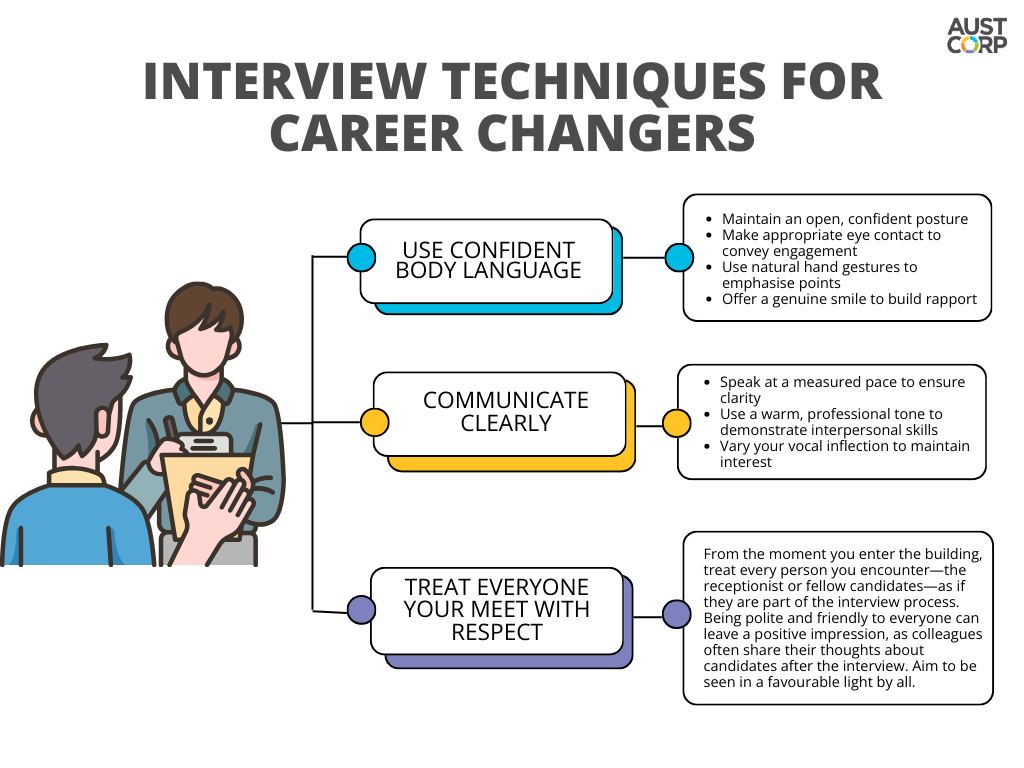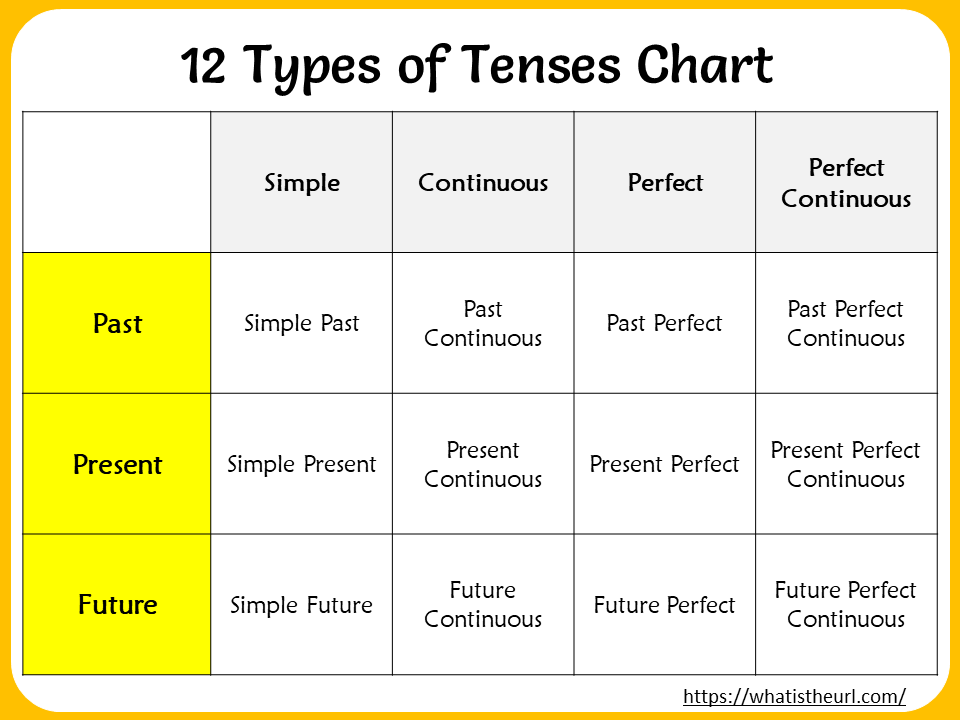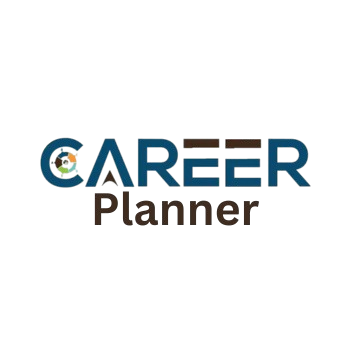
Navigating a Career Change: How to Craft a Persuasive Interview Strategy

It’s often believed that once you commit to a career, you’re locked into that path for life—study a certain subject or get into a specific field, and that’s it. But that’s far from the truth. The reality is, career shifts are more common than we think, and in many cases, they’re not just possible but exciting.
Making a career change can feel daunting, though. After all, you’ve spent years (or even decades) building expertise in one area. The idea of transitioning to something new might feel like you’re starting from scratch. But the truth is, it’s not as intimidating as it sounds. Your existing skills, experience, and personal qualities can be transferred and applied to a whole new domain. And once you land an interview, you’re already a step ahead—you’ve already demonstrated that you have the qualifications that caught the employer’s attention. Now, it’s time to show them how your unique background will benefit their team.
Here’s a step-by-step approach to making the most out of your career change interview:
1. Recognize and Showcase Your Value

The first step is to understand the value of your own experiences. This will help you effectively communicate how your background equips you for a career change. Instead of viewing your past roles as unrelated to your new job, look for commonalities. Think about your tasks, accomplishments, and transferable skills.
For example, if you’ve been in customer service for years, you’ve likely developed strong problem-solving and communication skills. While your current role may not directly match the new one, you can explain how these skills are useful in a different context.
Tip: Write down everything you’ve done in your career, highlighting accomplishments and experiences that can be tied to the new role. This exercise will help you see the value of your past work in a fresh light.
2. Bring Evidence of Your Skills

Actions speak louder than words. Bring concrete evidence to support your claim that you’re capable of making the transition. This could include:
- Work Samples: For creative roles like writing or design, bring examples of your work.
- Training Certifications: If you’ve taken courses related to the new field, showcase these.
- Mock Work: If you’re shifting into a field like education or public speaking, bring relevant materials like lesson plans or short video presentations to demonstrate your new skills.
If you’re still building your experience, consider creating mock-ups, test projects, or a portfolio that shows the employer your capabilities. By offering evidence, you can demonstrate your commitment to learning and your ability to apply new skills effectively.
3. Embrace Imperfection with Confidence

Don’t try to hide the gaps in your experience. It’s completely normal to have areas where you may not be fully up to speed. What’s important is how you address this. Rather than dwelling on what you don’t know, focus on the transferable skills that will help you quickly get up to speed.
For example, if you’ve worked in engineering and want to move into management but don’t have budgeting experience, frame it like this:
“While I don’t yet have direct experience with budgeting, my work as an engineer required meticulous attention to detail and data analysis, skills I can easily apply to financial oversight.”
This approach helps the interviewer see how your past roles have prepared you for a new challenge, despite a few missing pieces.
4. Be Ready for ‘The Question’
![Top 500 Peter F. Drucker Quotes (2025 Update) [Page 4] - QuoteFancy](https://quotefancy.com/media/wallpaper/3840x2160/1962540-Peter-F-Drucker-Quote-The-question-that-faces-the-strategic.jpg)
There’s one question you can count on being asked when changing careers: “Why are you making this change?” The key is to keep your answer positive, concise, and future-oriented. Rather than focusing on dissatisfaction with your current role, explain how this new opportunity aligns with your personal and professional goals.
For instance, say something like:
“After spending several years in software engineering, I realized that my true passion lies in managing teams and driving projects. I feel ready to apply my technical expertise to leadership, and I believe this role will allow me to grow in that direction.”
Always focus on the new opportunities this career shift brings, and how it’s the right fit for your skills and aspirations.
5. Connect Your Past to Your Future

The heart of your career change cover letter or interview conversation is demonstrating how your past experience aligns with the job you want. This is where you can really shine. Use specific examples of how the work you’ve done translates to the new role. Avoid over-explaining or listing every little detail. Instead, highlight key accomplishments that demonstrate your readiness.
For example, let’s say you’re moving from a sales role to a marketing position. Your accomplishments in sales—such as understanding customer needs, pitching products, and analyzing market data—are directly relevant to a marketing role. Frame this in a way that shows the employer that your background, though from a different department, makes you uniquely qualified to contribute.
FAQs
1. How do I handle the “Why are you changing careers?” question in an interview?
- Frame your answer around your personal growth and the alignment between your skills and the new role. Focus on how the change will allow you to use your current abilities in an exciting new context.
2. What if I don’t have any direct experience in the new field?
- Focus on transferable skills and provide concrete examples of how your previous roles have prepared you for the new job. Showing a willingness to learn and adapt is key.
3. Should I mention the salary change when changing careers?
- If asked about salary expectations, it’s best to focus on your enthusiasm for the new role and your research into the market value for that position, while expressing flexibility.
4. How can I demonstrate my commitment to the new field?
- Bring evidence such as certificates, relevant projects, or volunteer work that shows your dedication to learning and growing in the new field. This will prove to employers that you’re serious about the transition.
5. How can I make sure my cover letter for a career change stands out?
- Be specific about how your skills relate to the new role, highlight transferable experience, and show enthusiasm for the job and company. Personalize the cover letter to the job description and make it clear why you’re the perfect fit for the role.
Conclusion: How to Nail the Career Change Interview
A career change is not just about leaving one field for another—it’s about transferring your knowledge, experience, and skills into a new and exciting role. Be honest, be confident, and show your potential employer how well you’re equipped to succeed in your new career.
By following these strategies, you’ll be able to demonstrate your adaptability, commitment, and passion for your new path. Remember, the more you can connect your past experiences to your future goals, the better positioned you will be to land that new job.

